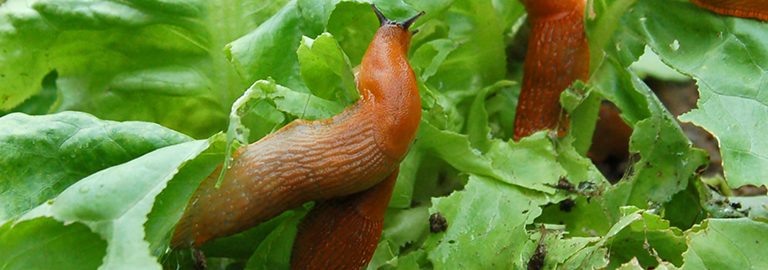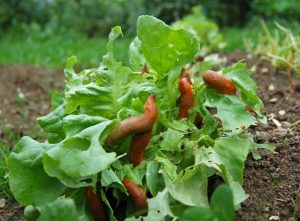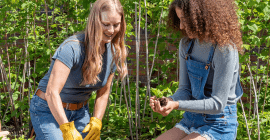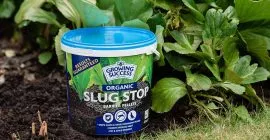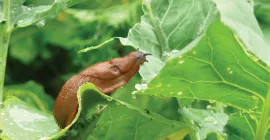Slugs are a common garden pest that can cause major problems for gardeners, especially during wet weather. These slimy creatures thrive in moist environments and can quickly multiply, resulting in significant damage to plants and crops.
During wet weather, slugs tend to emerge from their hiding places in search of food and moisture. They are most active at night and can easily travel across wet soil and plants, using their slimy mucus to move quickly and efficiently.
Slug Problems
One of the main problems with slugs is that they feed on a wide range of plants, including fruits, vegetables, and flowers. They can eat through entire leaves, stems, and even fruit, causing significant damage to crops and flower beds.
In addition to plant damage, slugs can also leave a slimy trail behind them, which can be unsightly and difficult to clean up. This can be particularly problematic in areas with heavy foot traffic, such as patios or outdoor dining areas.
Gardeners can prevent slug damage by keeping their gardens tidy, avoiding watering at night, and using physical barriers or treatments where necessary. By taking these steps, gardeners can protect their plants and crops from the harmful effects of slug infestations.
How to prevent slugs from ruining your plants
To prevent slug damage during wet weather, there are a few steps gardeners can take. Firstly, it’s important to keep the garden tidy and free from debris, as this can provide hiding places for slugs. Gardeners should also consider using slug-resistant plants and avoiding watering in the evening, as this can create moist conditions that slugs love.
Organic Solutions
Physical barriers can also be effective in preventing slug damage. One popular method is to create a ring of copper tape around susceptible plants in pots. Growing Success Copper Tape creates a mild electrical charge that repels the slugs, preventing them from crossing the barrier. It is also child and pet friendly so you don’t have to worry.
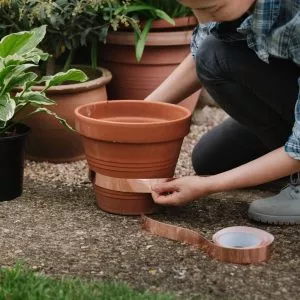
Another option is to use slug pellets. Growing Success Slug Killer pellets kill 10x more slugs per pellet than the leading competitor. Evenly scatter the pellets around all edible and non-edible plants according to the pack instructions for a fast action solution, keeping your plants protected sooner. They are even resistant to rain for a longer lasting pellet.
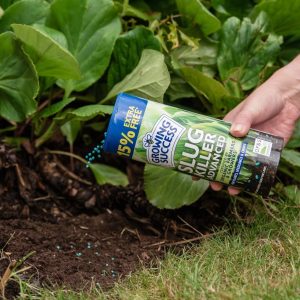
Growing Success also have pellets that act as a barrier against slugs and snails – Slug Stop. This natural, organic product is safe to use around children, pets and wildlife and will deter slugs and snails from the treated plant, as well as the surrounding ones too. All you have to do is place a layer of pellets around individual plants, a group of plants or containers (according to the pack instructions). The pellets will then protect your plants as well as providing nutrients to the soil.
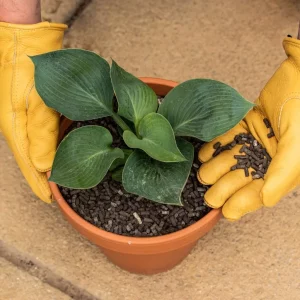
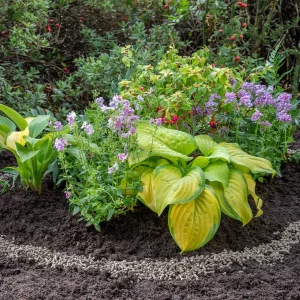
Another effective method is to use slug traps. These can be made from simple household items, such as empty tuna cans filled with beer. The slugs are attracted to the beer and then fall into the can, where they drown. Growing Success also has an organic Slug & Snail Trap that you insert into the ground and fill with brine or beer with salt. This trap will attract slugs and snails from a 1.5m radius and will trap up to 50 at a time.
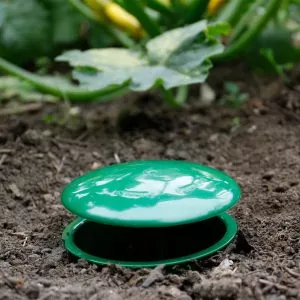
Encouraging Wildlife to your garden
Finally, one of the most effective long-term strategies is to encourage natural predators of slugs into the garden. Hedgehogs, frogs, and birds will feed on slugs, so by creating a welcoming habitat for them will help to keep slug populations under control.

